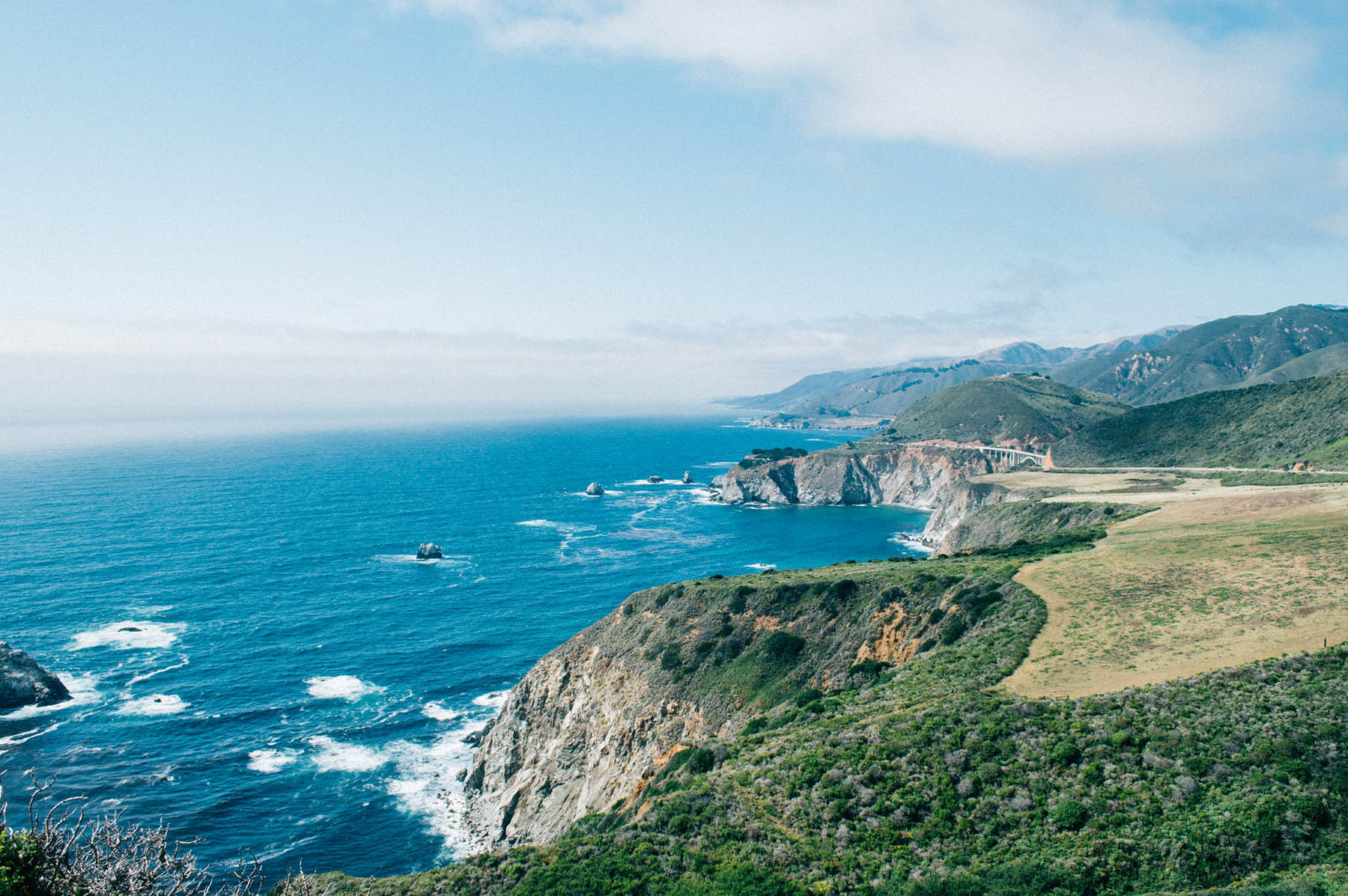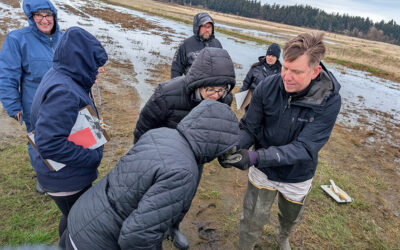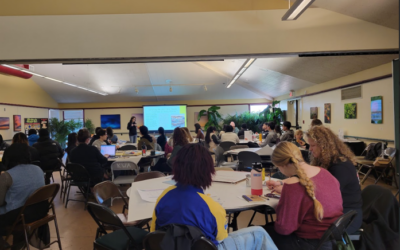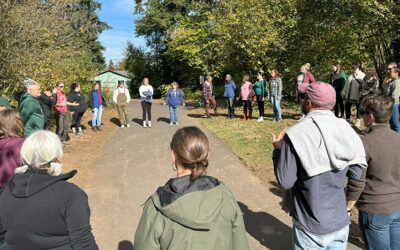During the week of August 10th, 2020, 12 educators from across western Washington joined Pacific Education Institute staff and faculty online to write Solutions Oriented Learning Storylines on the topic of coastal hazards. The goal was to create developmentally appropriate climate science storylines, focusing on second, third, middle and high school Next Generation Science Standards. The new storyline will be shared during implementation workshops in the 2020-2021 school year and published on the OER Commons in Spring 2021.
To frame their thinking, educators had the opportunity to learn about tribal partnerships from Sally Brownfield, a Squaxin Tribal member and educational advocate. The information Sally shared gave writers a new view about the importance of connecting and building authentic partnerships with tribes in western Washington. Educators also learned of resources pertaining to coastal hazards from PEI’s Tressa Arbow, who formerly worked for the WA Department of Ecology as a Washington Sea Grant Hershman Fellow. Tressa highlighted the Washington Coastal Hazards Resilience Network and the Washaway Beach erosion mitigation efforts as resources that are locally relevant to coastal hazards in Washington.
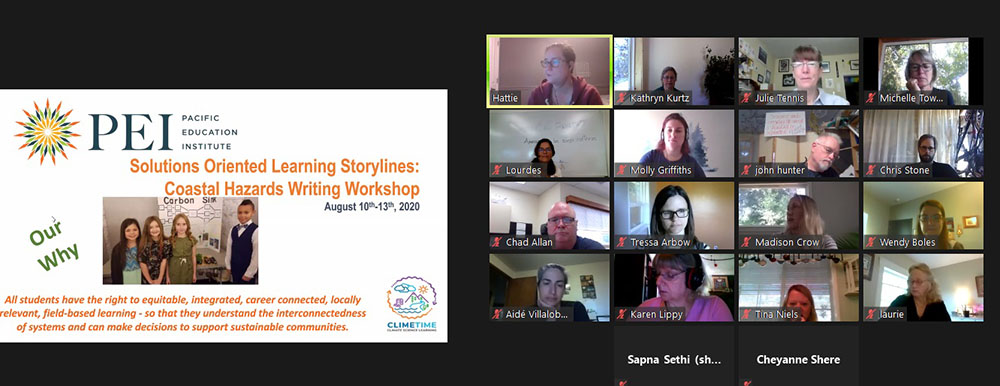
Educators gathering to work on Coastal Hazards storylines for grades 2nd, 3rd, middle and school school.
This storyline workshop viewed coastal hazards through the lens of environmental justice, adaptation solutions and instructional best practices — including teacher professional development, tribal, rural, bilingual/migrant education, and distance learning strategies. Discussions focused on how to link coastal hazards science with local questions, problems, issues, and opportunities that will engage students who have historically been under-served in science by integrating subjects around highly relevant content.

